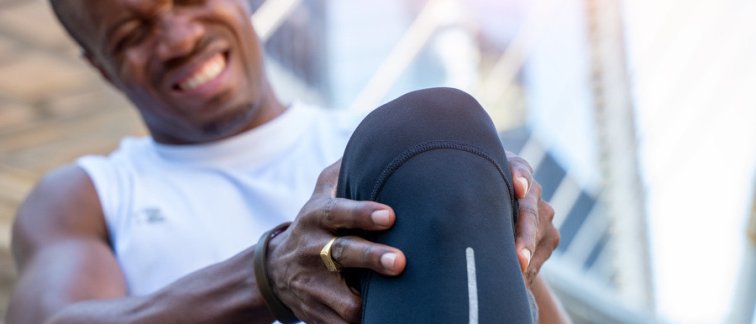Knee OA is characterized by its heterogeneity, with large differences in clinical characteristics between patients. Therefore, a stratified approach to exercise therapy, whereby patients are allocated to homogeneous subgroups and receive a stratified, subgroup-specific intervention, can be expected to optimize current clinical effects.
In previous years, we developed and pilot tested a model of stratified exercise therapy based on clinically relevant phenotypes that we previously identified. Based on the promising results, it was timely to evaluate the (cost-) effectiveness of stratified exercise therapy compared to usual, ‘non-stratified’ exercise therapy.
We conducted a pragmatic cluster randomized controlled trial (OCTOPuS-trial) including economic and process evaluation, comparing stratified exercise therapy with usual care by physical therapists in primary care, in a total of 335 patients with clinically diagnosed knee OA.
The experimental intervention was a model of stratified exercise therapy consisting of (i) a stratification algorithm that allocates patients to a ‘high muscle strength subgroup’, ‘low muscle strength subgroup’, or ‘obesity subgroup’, and (ii) subgroup-specific, protocolized exercise therapy (with an additional dietary intervention from a dietician for the ‘obesity subgroup’ only).
The control intervention was usual best practice by physiotherapists (i.e., ‘non-stratified’ exercise therapy). Our primary outcome measures were knee pain severity (NRS) and physical functioning (KOOS subscale daily living), assessed at baseline, and 3 months (primary endpoint), 6 months and 12 months follow-up, with an additional cost questionnaire at 9 months.
Considering the large and ever increasing prevalence of knee OA and its societal burden, the results from the OCTOPuS-study will be highly relevant for clinical practice.
Researchers involved in this project
- Dr. Mariëtte de Rooij;
- Dr. Wilfred F.H. Peter;
- Dr. Leti van Bodegom-Vos, LUMC
- Nique Lopuhäa;
- Professor dr. Kim L. Bennell;
- Professor dr. T.P.M. Vliet Vlieland;






